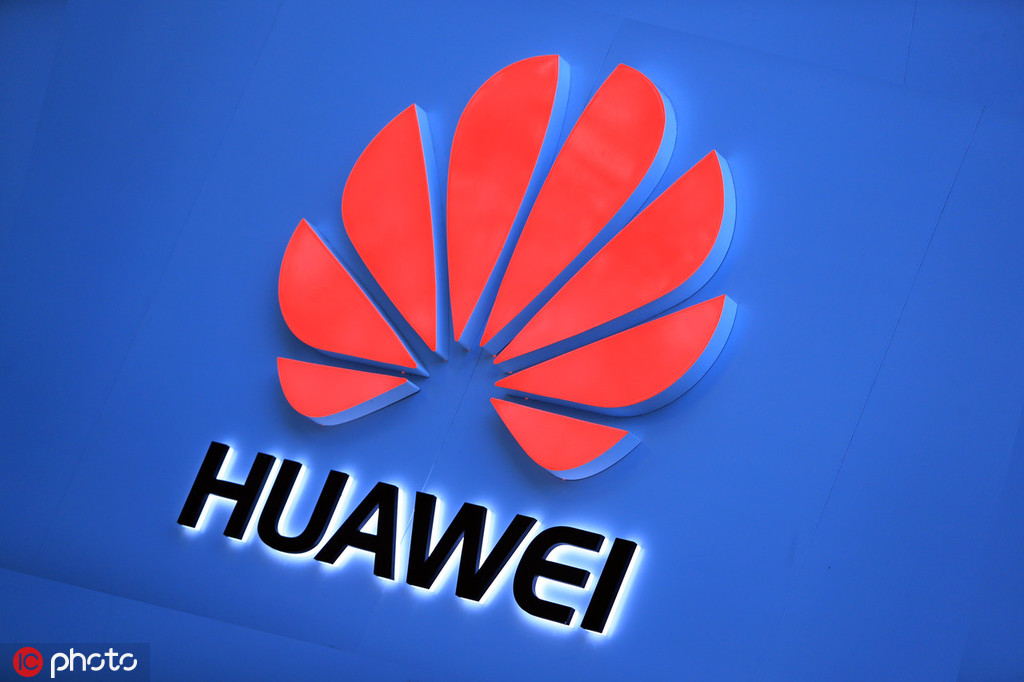Pompeo should put up with or shut up about Huawei: China Daily editorial
China Daily | Updated: 2019-06-05 20:35

US Secretary of State Mike Pompeo may think he has been doing a good job in throttling the growth of Chinese telecommunications equipment company Huawei.
Because, wherever he goes, he has tried to sell the notion that the company poses a severe threat to national security and intelligence, and dissuade the countries concerned from doing any business with it.
But he might have been overdoing it a little bit, even to the extent that the well-intentioned advice, as he claims it is, has sounded more like coercion that even his hosts find it hard to accept.
During his visit to the Netherlands early this week, Pompeo told his hosts not to do "anything that would endanger our shared security interests" by embracing Huawei, prompting his Dutch counterpart to retort that "every country must make its own security decisions".
The US top diplomat had already harped on the same string in Germany last week, urging Chancellor Angela Merkel's government to take actions against Chinese "espionage" and warning the US might have to change its "behavior" regarding intelligence sharing if Berlin failed to do so.
The fact that Pompeo has often received a cold shoulder when trying to smear Huawei in this way, shows his audiences know when they are being fed a line. He seems to have forgotten that country-to-country relations are built on common interests, not one dictating to another what the other can and cannot do.
That's why the United Kingdom has so far resisted Washington's call to shun Huawei in its new 5G network despite the tremendous pressure it faces from the US, because it knows firsthand that the Chinese company does not threaten its national security as it has already been closely involved in its 4G network.
If he truly believes that Huawei is bent on helping the Chinese government spy on other governments, even after it has proposed to sign "no-spy" deals with possible partners, and even after countries have put themselves on high alert in response to the US sounding constant alarm bells, Pompeo should at least consider changing tactic, rather than keep on babbling about an imagined danger.
He should have confidence in the counterintelligence capabilities of the world's sole superpower, and let other governments give Huawei's equipment and system a try. If Huawei is spying, the US should be able to catch it red-handed.
That outcome, if it materialized, would save Pompeo all the trouble of traveling around the world trying to convince a largely incredulous audience.
After all, facts speak louder than words.
























